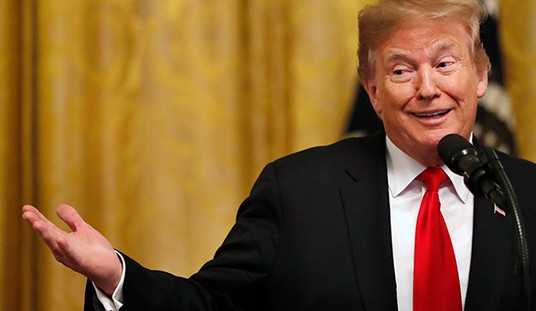The Washington Post’s style section notes that “Basil Marceaux lost his race, but on Web he won place in public imagination.” The would-be Republican candidate for the governor of Tennessee now admits, “I hate to say this, but I set the Internet up,” Marceaux is quoted by the Post as saying, adding, “I set the Internet up so they would talk bad about me because it’s the only way to get hits.”
The Post goes on to note:
After all, politicians online — where forwarding is free and the audience is huge — have trotted out increasingly outlandish ads in the hopes of going viral. See California Senate candidate Carly Fiorina’s “Demon Sheep” ad, which features a glowing-eyed man infiltrating an unsuspecting flock. It was proclaimed so baaaaad that it was genius, when it aired back in February. Or see Dale Peterson’s butt-kicking “no prisoners” ad for Alabama commissioner of agriculture and industries — an office no one had heard of until the ad went gonzo. He didn’t win, but everybody knew his name, if only to mock it.
Basil Marceaux was one step further. For a public exhausted by politics-as-usual, he offered not only an outlandish ad but an outlandish persona, so beyond reason that he demanded attention. His popularity happened at lightning speed, taking just days rather than the years most political candidates require — and those are the fortunate ones who rise from obscurity at all.
Like “Napoleon Dynamite’s” Vote for Pedro campaign, like every high school that has jokingly nominated the band geek for prom king, Marceaux’s Internet success was based on the principle of ironic support. How hilarious would it be to pretend to love him? How hilarious would it be to actually love him?
Brandishing Marceaux as an ideal candidate — for realz or no — was a one-fingered salute to mainstream politicians everywhere. We would rather fake-support this guy than real-support you.
But as often happens with irony, the line between sarcasm and sincerity can grow increasingly blurred. To some faux followers, Basil Marceaux became a Chauncey Gardner, an innocent whose ramblings contained great wisdom and meaning.
Or as JournoList founder Ezra Klein wrote in the American Prospect at the beginning of 2008, before joining the Post:
Obama’s finest speeches do not excite. They do not inform. They don’t even really inspire. They elevate. They enmesh you in a grander moment, as if history has stopped flowing passively by, and, just for an instant, contracted around you, made you aware of its presence, and your role in it. He is not the Word made flesh, but the triumph of word over flesh, over color, over despair. The other great leaders I’ve heard guide us towards a better politics, but Obama is, at his best, able to call us back to our highest selves, to the place where America exists as a glittering ideal, and where we, its honored inhabitants, seem capable of achieving it, and thus of sharing in its meaning and transcendence.
As often happens with irony, the line between sarcasm and sincerity can grow increasingly blurred.










Join the conversation as a VIP Member